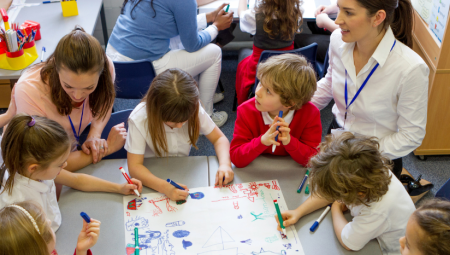Background
Self-harm among young people is common and increasing in the UK. Nearly one in four 17-year-olds report having self-harmed in the past year, and rates among 15-year-olds rose sharply from 22% in 2014 to 34% in 2021. Reports suggest the COVID-19 pandemic has negatively impacted young people's mental health and a recent survey shows that 10% of 8 -13 year olds reported having self-harmed at least once during the lockdown period. Despite this, only a fifth of YP who self-harm receive help from health services.
Project Aims
This study aimed to design an online training programme and resource toolkit to improve the staff response to students who self-harm. It is aimed at all staff working in schools, including those in admin, support and teaching roles. We believe that the SORTS training will increase staff knowledge, skills and confidence in how to respond to students who self-harm and this will encourage young people to seek help.
Project Activity
We have coproduced the SORTS training content with the Charlie Waller Trust and by working closely with secondary school students, school staff and mental health professionals.
Initially, we ran focus groups with young people to explore their expectations of how schools and staff should respond to self-harm and what support they would want. We then convened an expert panel to coproduce the training content which included representatives from the Charlie Waller Trust and school mental health staff. We have also run school staff workshops to co-design the training resources and to capture their views about responding to students who self-harm. Based on the feedback from school staff, we coproduced an e-learning module for schools about self-harm.
Outputs
Here are some impact/outcomes of the SORTS project:
SORTS website:
- 10,000 visitors to the SORTS website
- 1.3K downloads of the SORTS resources for schools
SORTS e-learning module
- Within the first quarter of 2025, 1000+ school staff have completed the SORTS e-learning module
- E-learning module users rate the training as ‘good’ to ‘excellent’
- School staff’s understanding about self-harm increased after completing the training
- Staff confidence in having a conversation with a student about self-harm increased after completing the training
SORTS has been included:
SORTS has been presented to:
- Thrive LDN Suicide Prevention Group
- Office for Health Improvement and Disparities, London Region Department of Health and Social Care CYP MH community of practice meeting.
SORTS publicity
Papers and resources
Read the paper title, 'Principles of practice for a whole school approach to self-harm: a qualitative study'
Read the paper titled, 'A Self-Harm Awareness Training Module for School Staff: Co-Design and User Testing Study'
Read the paper titled, 'A Web-Based Training Program for School Staff to Respond to Self-Harm: Design and Development of the Supportive Response to Self-Harm Program'
Read the paper titled, 'How schools can respond to pupils who self-harm: a qualitative study with young people and school staff'
Who was involved?
- Principle Investigator: Dr. Anne-Marie Burn, University of Cambridge
- Principle Investigator: Dr. Joanna Anderson, University of Cambridge
- Research Assistant: Hayley Gains, University of Cambridge
- Research Assistant: Poppy Hall, University of Cambridge
- Placement Student: Lauren Hitchcock
Contact
Anne-Marie Burn- amb278@cam.ac.uk





